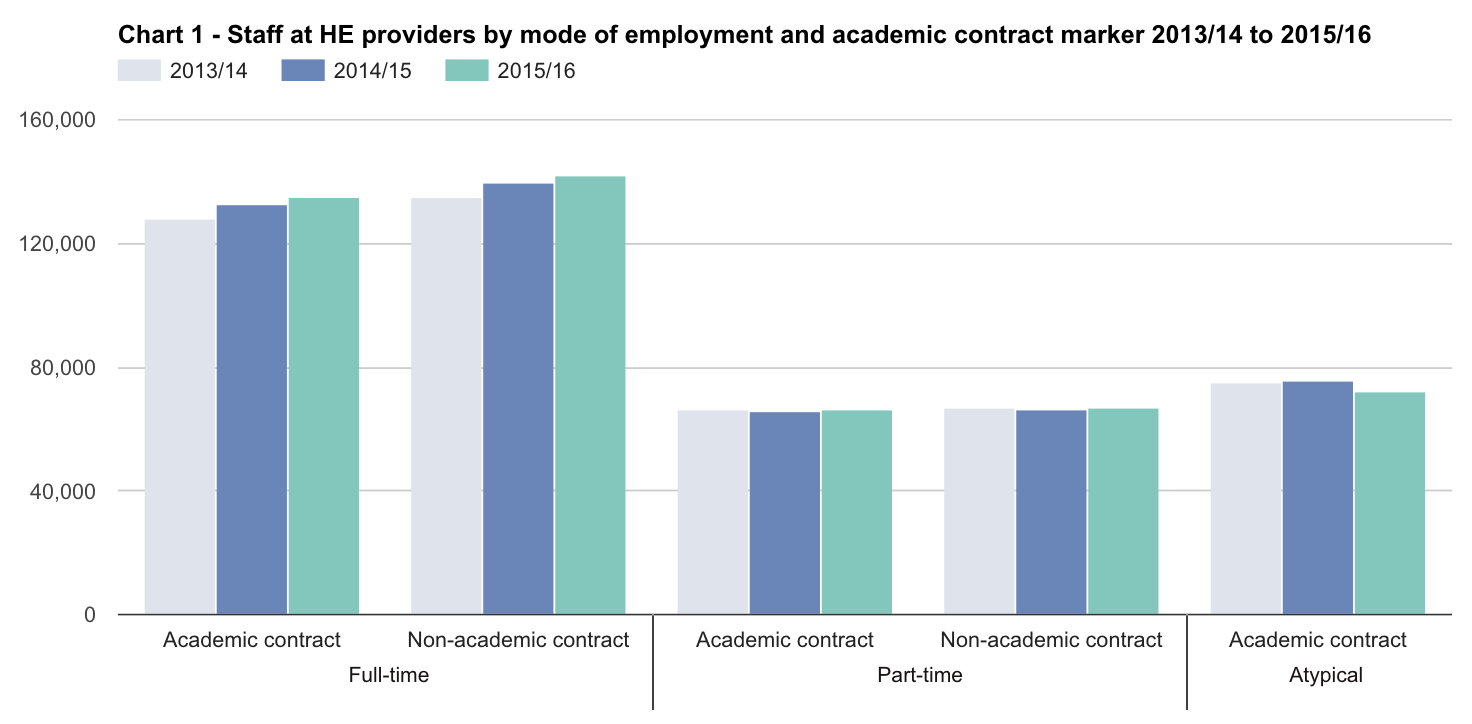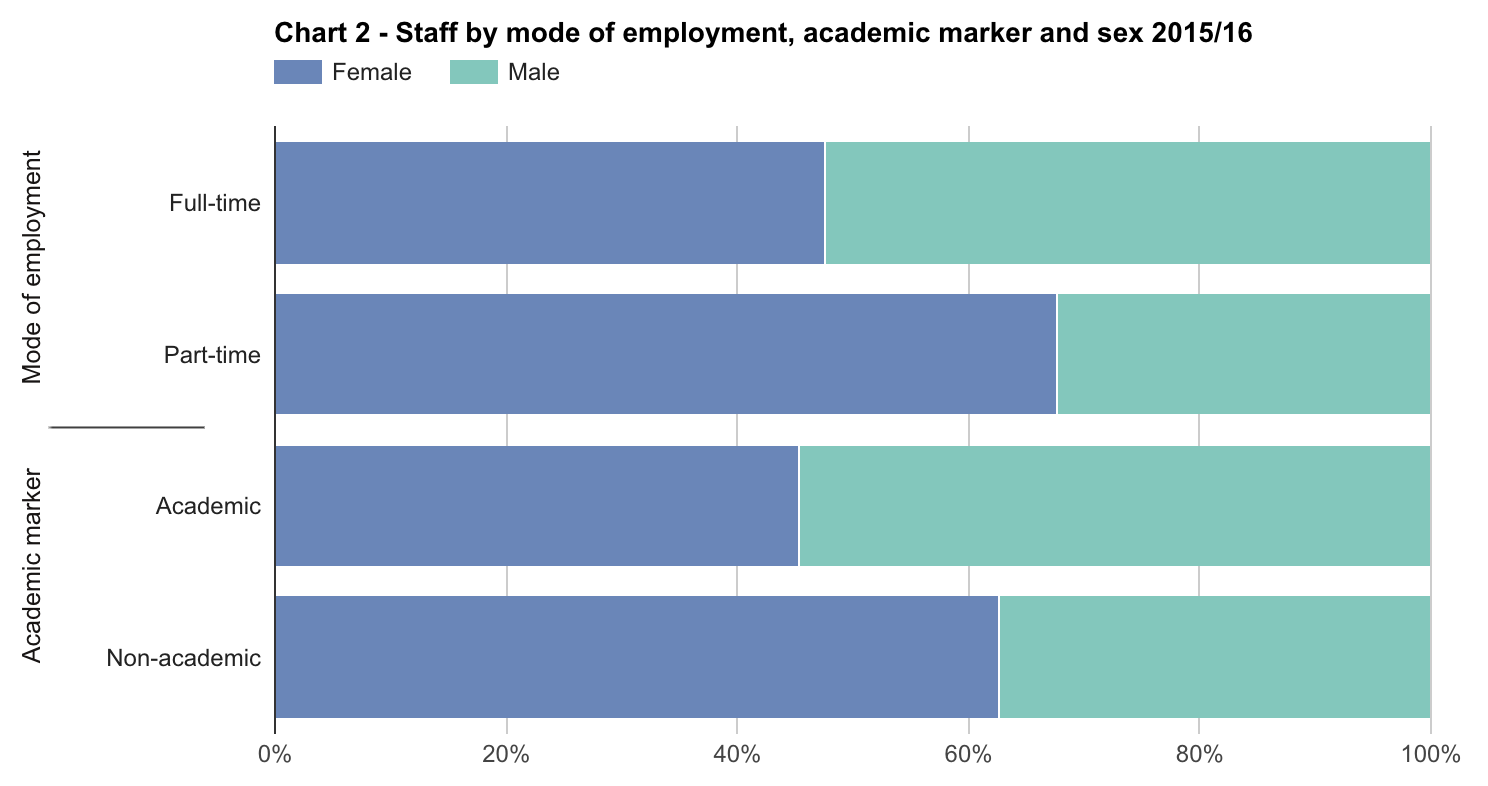The number of academics employed on atypical contracts for short-term projects has fallen by 5 per cent over the past year, according to new data from the Higher Education Statistics Agency.
The use of the contracts, in which people are employed for one-off or short-term tasks or for periods of less than four weeks, has been criticised by unions.
Just over 72,000 academic staff held atypical contracts in 2015-16, down from 75,560 in 2014-15.
A Times Higher Education investigation published in 2015 found that at some Russell Group universities more than half of academic staff were employed on atypical contracts, although the findings suggested some institutions were interpreting the definition differently from others. At the time the University and College Union said that the contracts make staff “very vulnerable” because they “carry fewer employment rights” than permanent contracts.
The cohort of atypical staff working at universities in 2015-16 are the equivalent of 4,850 full-time staff, the Hesa data note.

The total number of staff employed in UK higher education, including those on non-academic contracts but excluding atypical workers, reached 410,130 in 2015-16, a 2 per cent increase on the 403,835 employed in 2014-15.
Just over 277,000 staff held full-time contracts in 2015-16, a 2 per cent increase on 2014-15 figures. The number of staff on part-time contracts is also up on 2014-15, with a 1 per cent increase.
Approximately 45 per cent of the 201,380 academic staff working at UK universities are female, a figure that remains unchanged on 2014-15. Women comprise 68 per cent of part-time workers and 63 per cent of those on non-academic contracts.

There has been a 1 percentage point increase in the number of female professors since 2014-15. Of the current cohort of 19,975 professors in UK higher education, 24 per cent are female. Hesa note that this is likely an underestimate of the total number of professors, as many are counted in more senior levels of employment, such as heads of department.
Women make up 35 per cent of academics employed on “other senior academic contracts”.
Approximately half of academic staff have research and teaching contracts and just over a quarter hold teaching-only jobs.
About one-third of all academic staff are on fixed-term contracts. At least 17 per cent are nationals of EU countries other than the UK.
Register to continue
Why register?
- Registration is free and only takes a moment
- Once registered, you can read 3 articles a month
- Sign up for our newsletter
Subscribe
Or subscribe for unlimited access to:
- Unlimited access to news, views, insights & reviews
- Digital editions
- Digital access to THE’s university and college rankings analysis
Already registered or a current subscriber?







